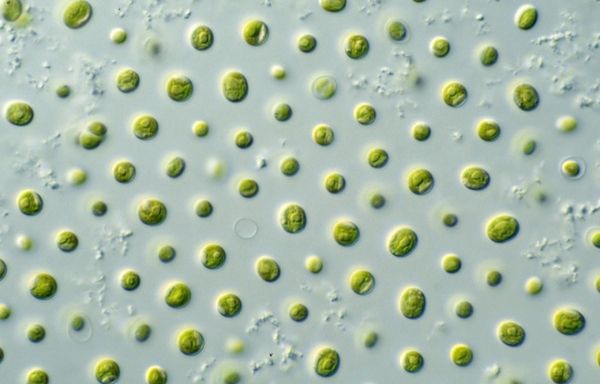An unconventional mélange of algae, eucalyptus and bioenergy with carbon capture and storage (BECCS) appears to be a quirky ecological recipe. But, scientists from Cornell, Duke University, and the University of Hawaii at Hilo have an idea that could use that recipe to help power and provide food protein to large regions of the world – and simultaneously remove a lot of carbon dioxide from Earth’s atmosphere.
articles
Measuring the Risks of Extreme Temperatures on Public Health
Heat and cold waves affect people with certain health conditions differently, highlighting the need for tailored public service risk communication.
Crowded Urban Areas Have Fewer Songbirds Per Person
People in crowded urban areas – especially poor areas – see fewer songbirds such as tits and finches, and more potential “nuisance” birds, such as pigeons, magpies and gulls, new research shows.
Large Wildfires Bring Increases in Annual River Flow
Large wildfires cause increases in stream flow that can last for years or even decades, according to a new analysis of 30 years of data from across the continental United States.
The fishy problem of underwater noise pollution
We now know that the underwater world is anything but silent. In fact, today’s researchers are concerned that underwater noise produced by humans is distracting, confusing — and even killing — aquatic animals.
Brief Exposure to Tiny Air Pollution Particles Triggers Childhood Lung Infections, Largest Study of Its Kind Finds
Even the briefest increase in airborne fine particulate matter PM2.5, pollution-causing particles that are about 3% of the diameter of human hair, is associated with the development of acute lower respiratory infection (ALRI) in young children, according to newly published research.










